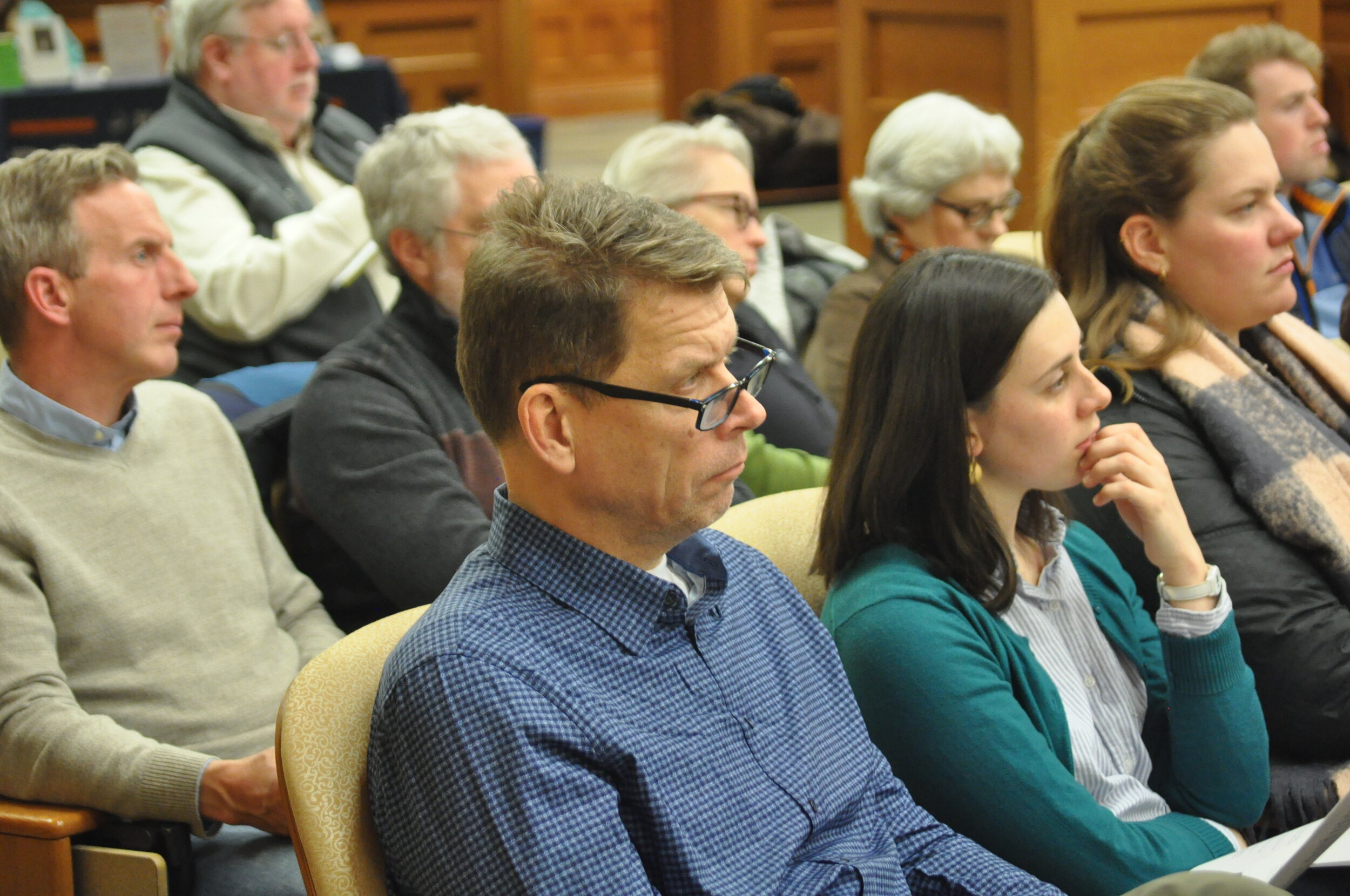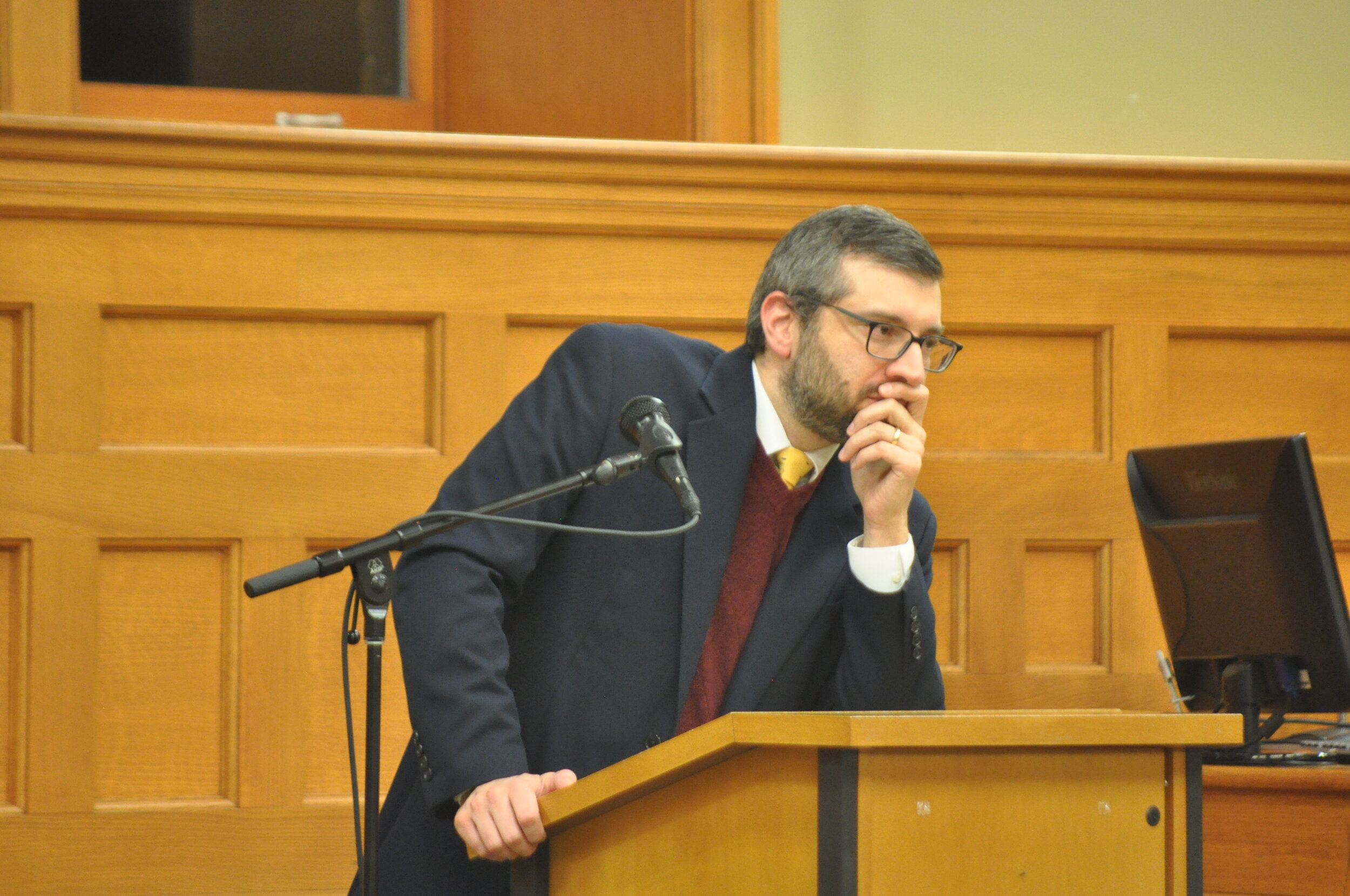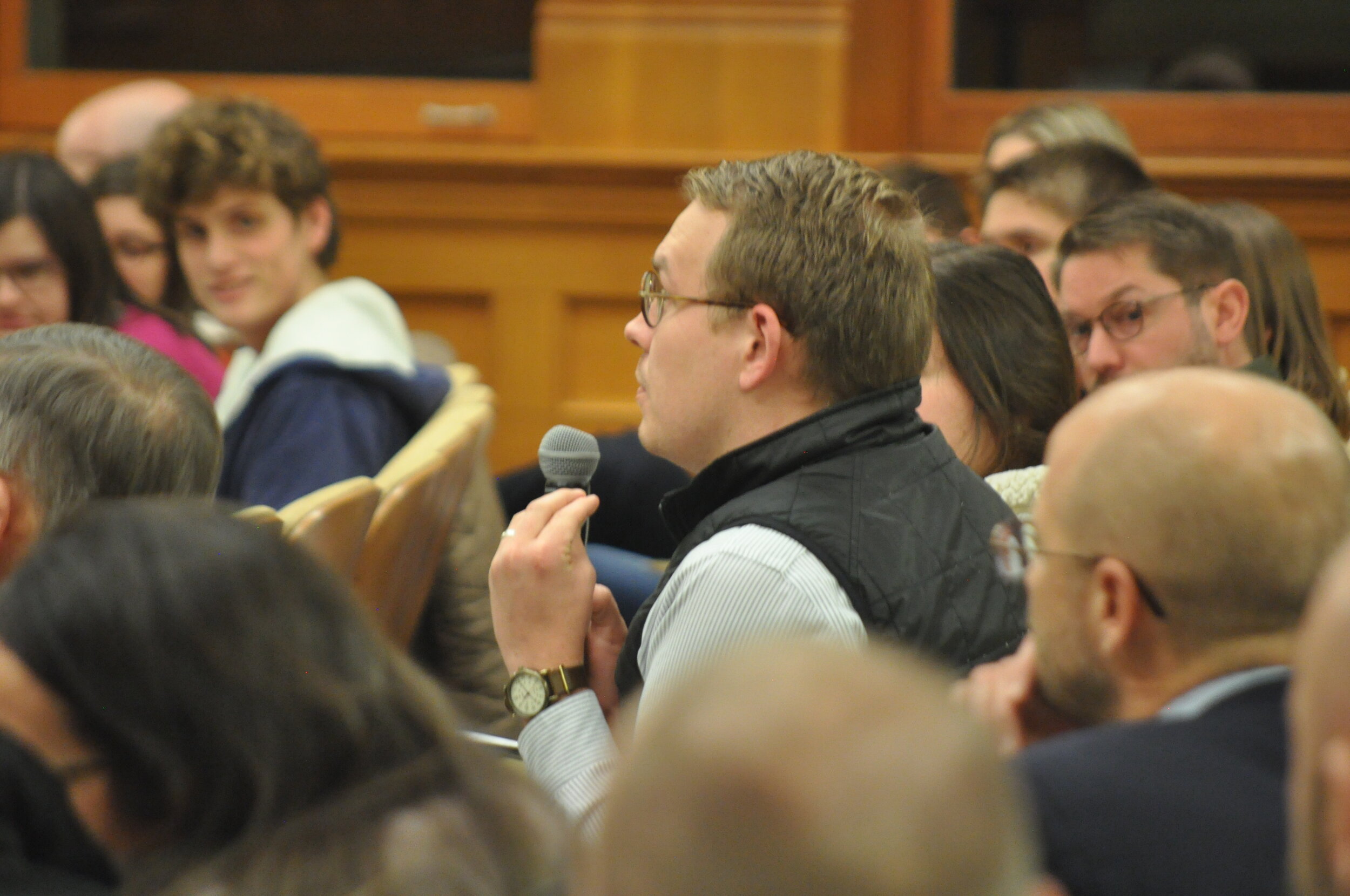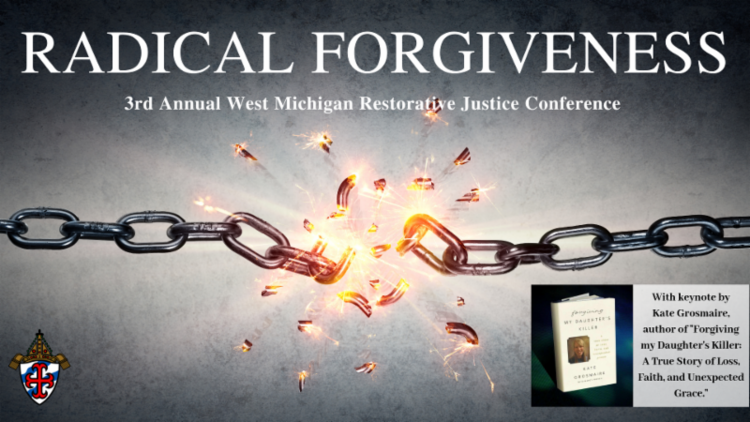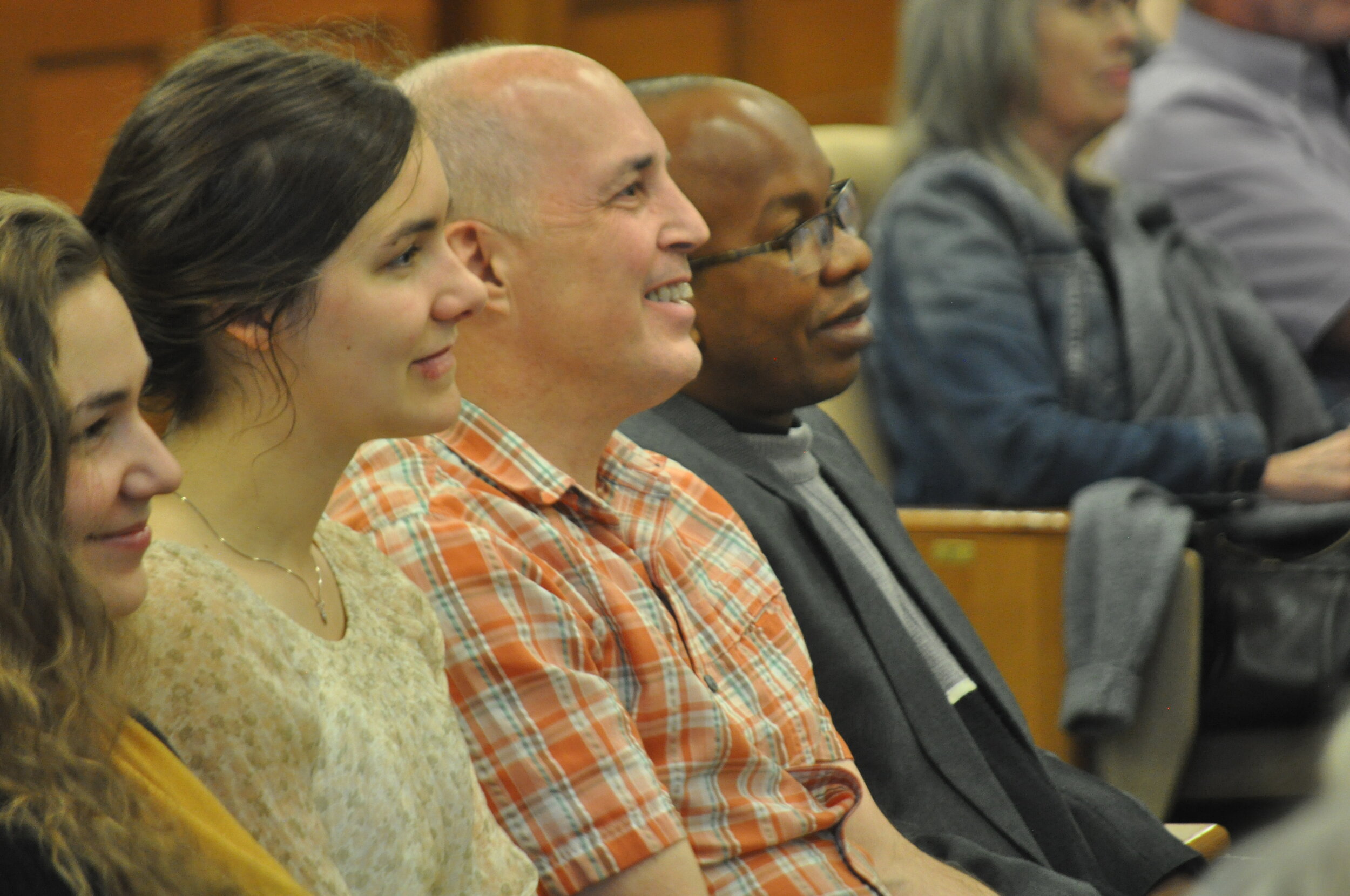Courtship
By Abby Nickles
It’s Friday night, classes are done for the week, and it is time to let loose, have fun, and go out with my boyfriend… to a seminar on courtship, marriage, and sex as taught by the Catholic Church. Many peers would wonder why something like that would be worth my while, but as expected, the Saint Benedict Institute and their excellent presenters did not disappoint. The Saint Benedict Institute hosted a three-part seminar and dinner series titled “Courtship, Marriage, and Sex: The What, Where, When, and How,” during the month of November. The goal of this series was to provide some instruction on how to navigate the world of love and romance by bringing guest speakers. These speakers were devout Christian couples who graciously agreed to give up their Friday evenings to share wisdom with young adults in need.
The first night was titled, “What is Courtship?” and lead by Dr. Jared Ortiz and Rhonda Ortiz. They described courtship as a “script that prepares for life together” and that through proper courtship, as opposed to the vague and undefined “relationships” that exist in today’s world, couples can practice the friendship and mutual giving that is essential in marriage and family life. For men, courtship is the turning of his desires from lust into love. Being able to turn away from lust allows them to discern whether the woman he is pursuing will make a good wife and mother. Women in courting relationships need to learn if the man is worthy of esteem, if he will make a good husband and father.
One of the biggest challenges of courtship is maintaining chastity, especially because there is often an ignorance of the other sex, and it is important that we do not ignore the basic biology. When women make love, they release oxytocin (this is also released during birth and nursing). This is a bonding hormone, which means that women bond to their spouse in the same way they bond to their children, and so they feel this bonding on a different level than men, who’s testosterone release covers up the oxytocin that they also release during love making. This is one of the reasons why women typically take the lead on chastity, because it is simply self-preservation. Men get excited much quicker than women, so it is an act of charity for women to practice more self-control. Men have the responsibility of being honest about what excites them, so the couple can avoid placing themselves in a situation that one of them could be tempted. Men bond in making the decision to commit and by showing the woman self-sacrificing love, proving that the love is not only in the passion.
Chastity teaches us to stay secure in God’s love first. It helps us keep an eternal horizon, understanding that our future spouse will never truly satisfy us like God does. In light of this, here are some practical rules provided by Dr. and Mrs. Ortiz,
Basic Rules (that articulate what will truly make us happy):
No Sex
No French Kissing
Don’t Sit on the Couch Together
Be in Public Places Together
Do Things
Take Time to Talk with Each Other
Do Things in Groups
Meet Family Early
We have a deep longing to live a life that is worth living, and that is found in marriage and family, courtship is a way to practice for this, and to practice getting each other into heaven, because that is the ultimate goal of marriage. In the words of Dr. Ortiz, “It is better not to sit on the couch together for a while than get in the way of the other getting into heaven.”
This talk has been very helpful in my relationship. We have been dating for almost two years, but this seminar gave us a common language to be able to talk through some of the things we had been struggling with. It outlined what the goal of our time together now should be, and gave us a good idea of how this will help us in the future. The practical rules are very helpful, and lately we have been putting more emphasis on spending intentional time together talking about life, deepening our friendship, pointing each other towards God, and keeping our eyes on that eternal horizon. I am very thankful to the Saint Benedict institute for treating us to this wonderful event.



